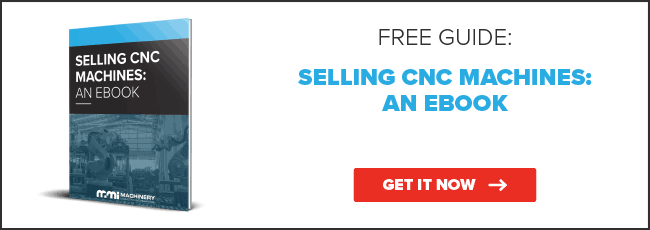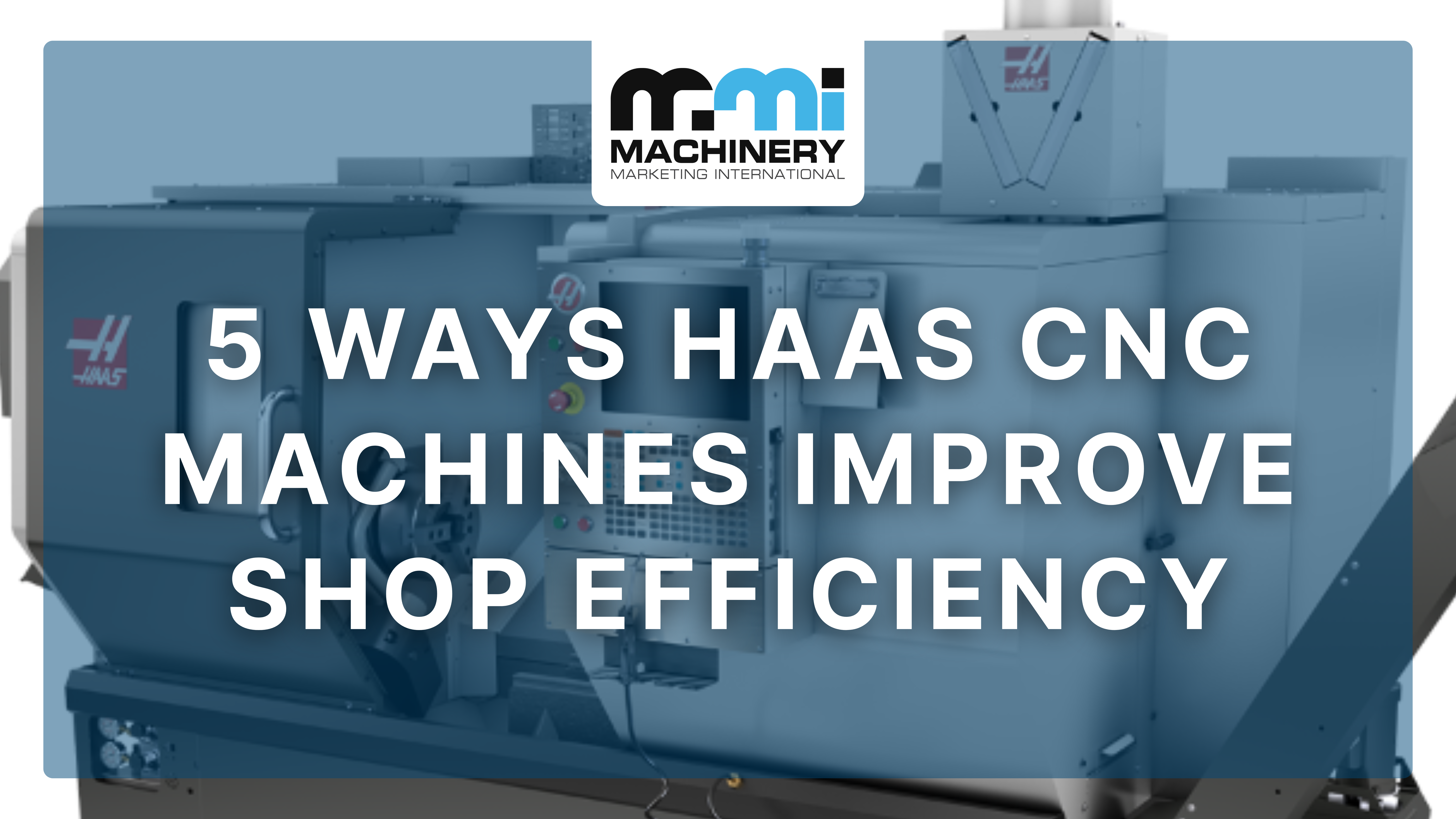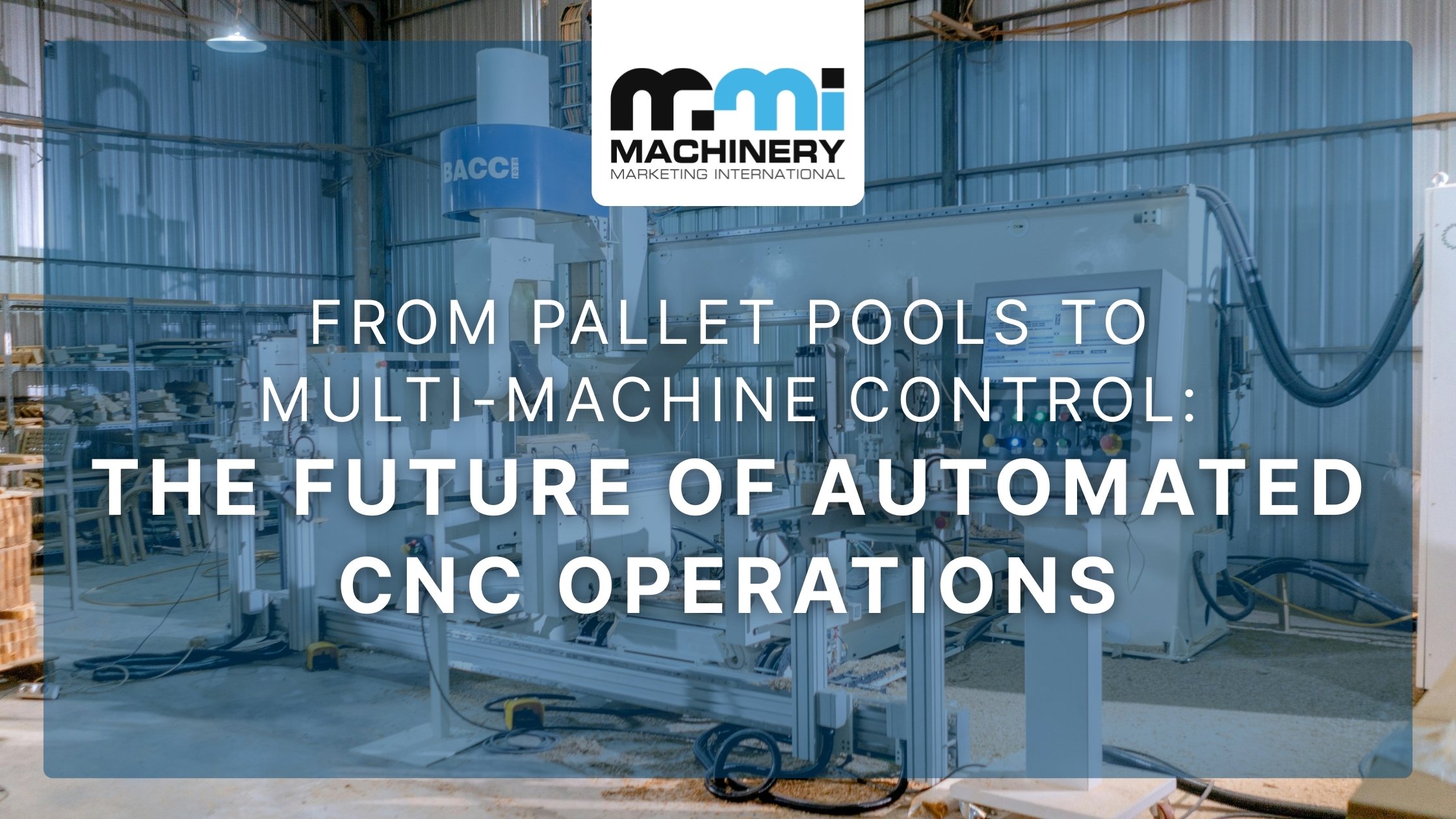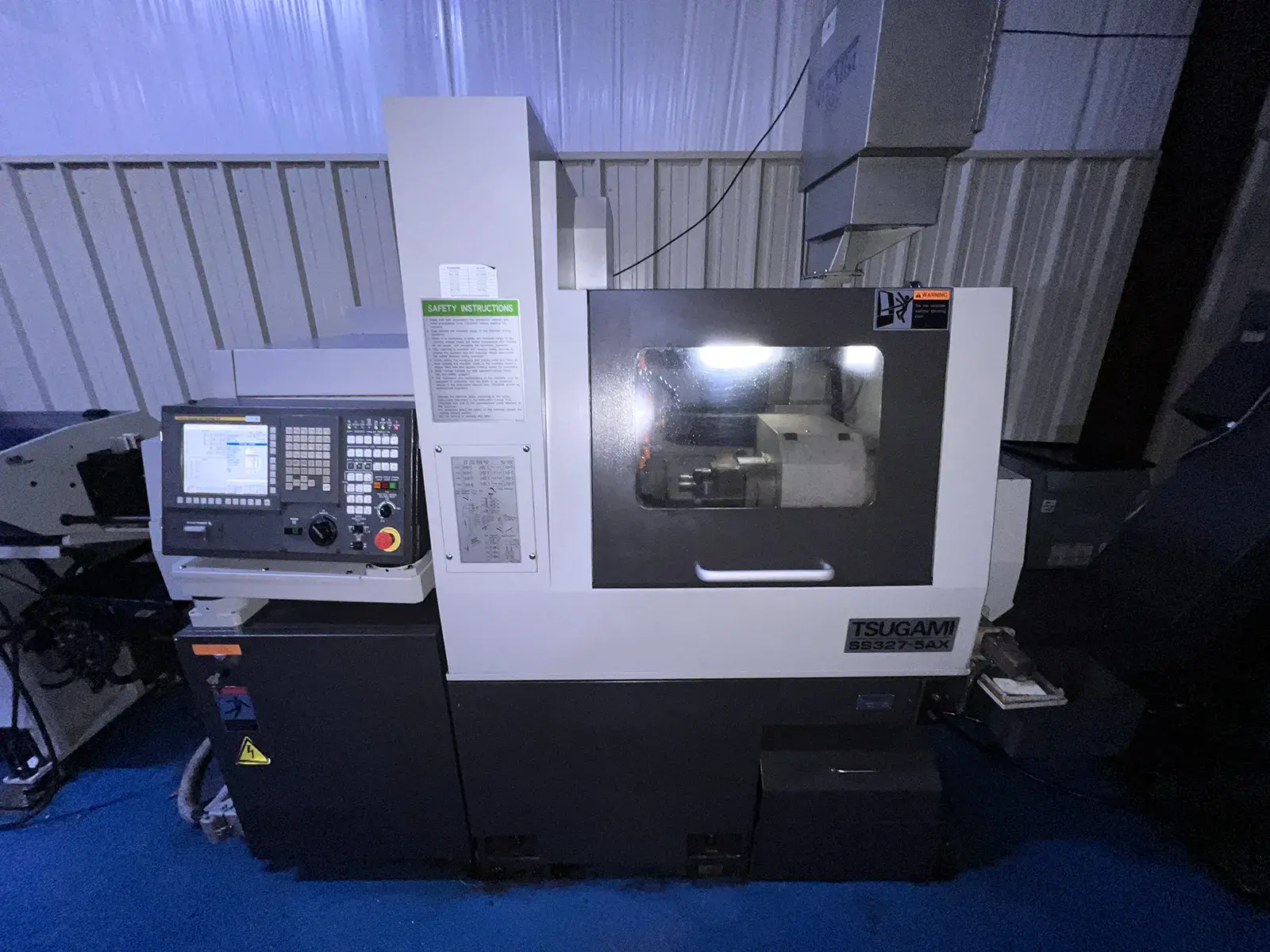
You've got a machine to sell and you've found yourself a seller; all that's left is preparing your machine for sale. First off, you may be wondering why you need to prepare anything in the first place, after all, isn't it the seller's job to make your machine look nice and marketable? Well, yes, but any seller worth their salt is going to inspect a machine before marketing it, and the better shape your machine is in the more they, or potential buyers, will be willing to pay for it. While there's a chance that a seller may do some refurbishing themselves, doing it on your own puts the bargaining power back in your hands, and can help you grasp the full value of the tool you're selling.
So, what exactly needs to be prepared before selling your machine? That all depends on the machine you're selling. If it's a machine that's in frequent, active use in your shop, it's mostly a matter of making sure to take extra care during your regular upkeep. It could be tempting to let your standards relax on a tool that's already on its way out, but the extra effort will definitely be worth the cost when it comes to how much more you'll make per sale. On models that you haven't been using and maintaining as regularly, you're going to want to be a little more thorough. Clean it up, run it a few times, perform basic maintenance. Check the hydraulic pressure, chuck pressure, lube level, cooling system, etc., make sure it hasn't fallen to shambles from disuse.
Now, if you're running maintenance, and you do find a problem, what should you do from there? Well, it depends on the scope and nature of the problem, as well as the other tools and skills you have at your disposal. Obviously a less functional machine is going to sell for less, but how much less? Figure this out. Talk to a sales representative if necessary. Once you know how much money you'd be losing selling the machine in its current state, weigh that against your ability to fix the problem. Don't just think of it as cost for parts to price of the machine, remember that your own work has a value too. If you think you can solve the problem efficiently and cheaply, at least relative to the scale of the money you'll save, then definitely go for it, but sometimes it's better to cut your losses and sell a machine for less.
If you want to learn more about selling CNC machinery, check out our free guide:






